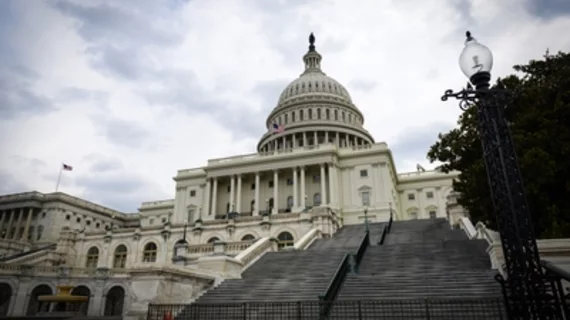Senator backs off subpoena threat for CMS chief
The top senators on the Committee on Homeland Security and Governmental Affairs had floated the idea of issuing a subpoena to CMS Administrator Seema Verma, MPH, after she repeatedly declined to testify before the panel on Medicaid fraud and overpayments. Sen. Ron Johnson, R-Wisconsin, later said Congress and the agency will "work cooperatively" on providing information the senators requested.
In a letter first obtained by Politico, Sens. Johnson and Claire McCaskill, D-Missouri, said they first asked Verma to appear before the committee on April 20. Verma “declined repeatedly to confirm” her appearance, the senators wrote, even after delaying the hearing until May.
“You have declined to confirm your availability and have offered a subordinate CMS official in your place,” Johnson and McCaskill wrote. “We believe that you, as the Senate-confirmed leader of CMS, are the best and most-appropriate witness to testify on behalf of the agency about an issue of such importance to the integrity of the Medicaid program.”
They asked Verma to confirm by May 21 she will testify before the committee. If no answer is received, they “may be forced to seek alternative means to compel your testimony” for a hearing tentatively scheduled for June 20.
When asked by HealthExec whether Verma would appear, a CMS spokesperson called the story "outdated," pointing to comments Johnson made to Politico calling the letter "probably a little too aggressive" and saying his committee would "work very cooperatively" with CMS on scheduling.
Verma has discussed Medicaid fraud and abuse since taking over the top post at CMS. Speaking to the National Association of Medicaid Directors (NAMD) last fall, she named program integrity as one of her top priorities for the program, on top of allowing states to adopt work requirements for beneficiaries and accountability for improving outcomes.
“Medicaid is too vital a program to let fraud and inappropriate spending threaten it,” Verma said. “We have a responsibility to those who depend on us, to make sure that the Medicaid program will be around for them and for those who might need it in the future.”

